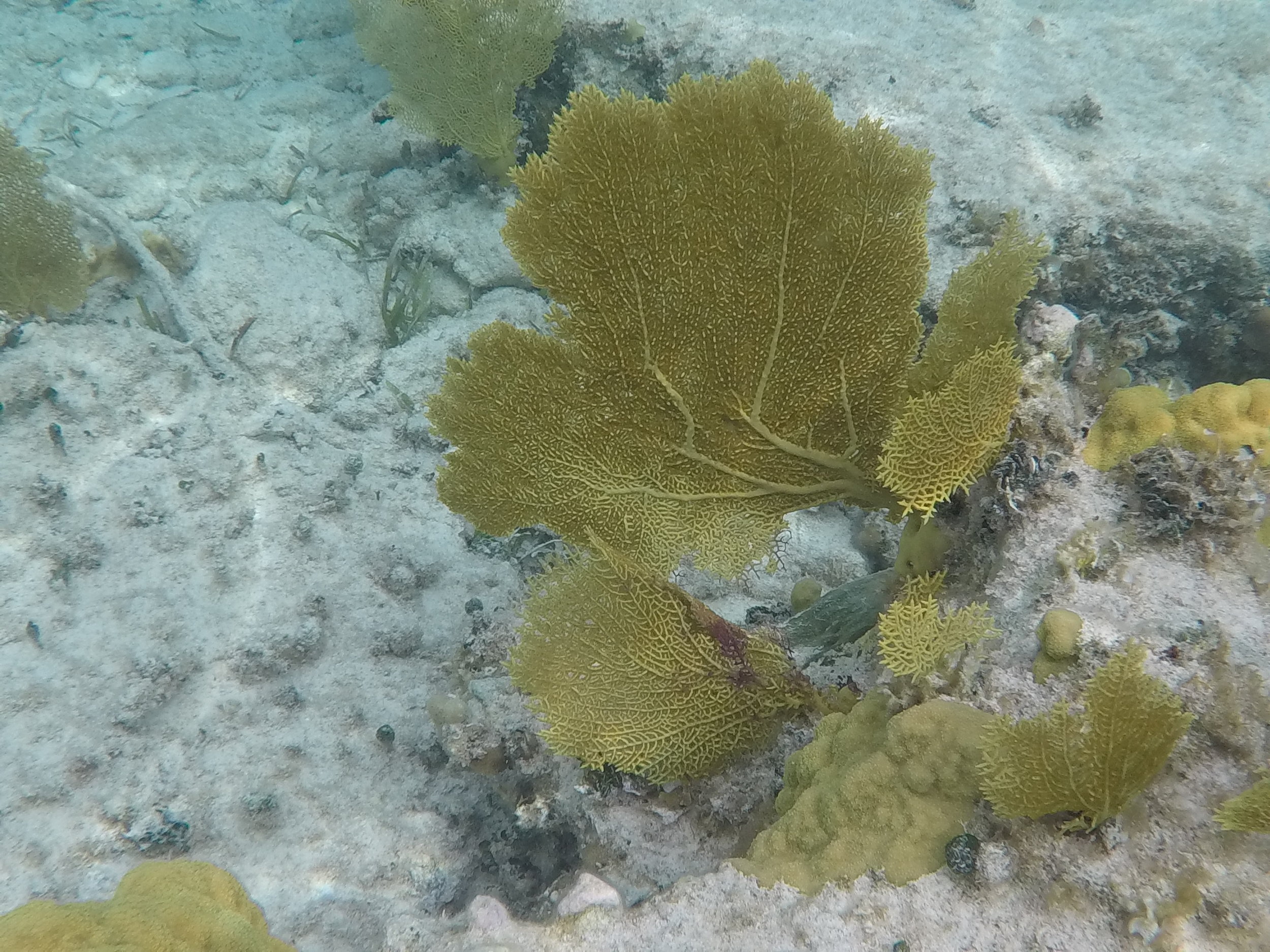For years, an epidemic has been sweeping around the world, threatening the survival of a pivotal ocean ecosystem. As carbon dioxide levels climb in the atmosphere, the levels of carbonic acid also climbed in the ocean waters. Increasing levels of carbonic acid lead to a lowering of the oceans pH, and causes the water to become more acidic. This change in pH affects all living organisms in the water, which depend on a rather basic pH of 8.2. Current ocean pH is around 8.1, which might not sound like a big difference, but it is!
Enzymes in fish, for example, are pH dependent, and operate best at around 8.2. This slight change in pH means that many systems now have to work harder to survive or can't survive at all! Corals are one such organism that suffered severe casualties as the pH dropped.
Corals are tiny polyps that live on a calcium carbonate structure. As they grow, they deposit more calcium carbonate beneath them and this "grows" the coral. The true life only lives on the surface of it, and if the water quality is not correct, the polyps will die, leaving behind the white skeleton of the structure behind.
Corals all over the world were bleaching and dying and it was a critical fear that the entire ocean ecosystem may collapse! Thankfully, there has been a lot of research in ways to bring corals back to life, by selectively breeding stronger and more resistant strains of corals, and then re-seeding these back onto reefs.
You can see the large white patches of this coral reef. These are areas that have bleached away, but you can see the new growth of corals on top of the dead structures, these are corals that are recovering!
Large structures that were once completely covered with corals, had become barren wastelands, but now seem to be making a comeback, at least in this small reef in the Berry Islands.
Seeing corals bounce back gives hope that the oceans will evolve and survive, keeping life on this planet going.





